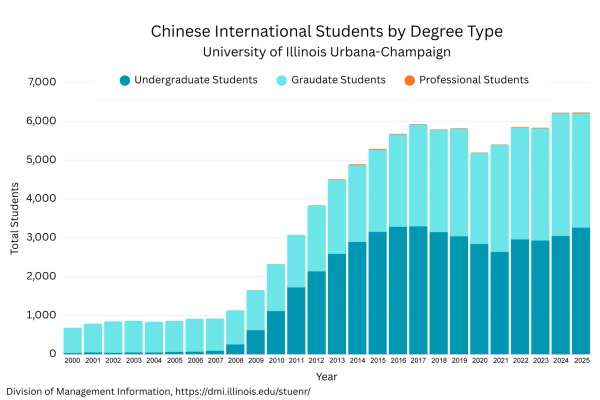Ignoring the problem with phubbing

Oct 6, 2015
A few months back, many of us watched the semi-inspirational slam-poetry YouTube video called “Can We Auto-Correct Humanity?”. During the three-minute video, the poet told us to look up from our phones, called our generation “selfish and separate” and described how members of our generation are the most connected, but at the same time, still feel the most alone. https://www.youtube.com/watch?v=dRl8EIhrQjQ
At the time, some of us shared the viral video and some gave it a thumbs up, but in the end, we nodded our heads, picked up our phones and our technology-driven lives ensued as usual.
Fast forward to a recent study conducted by researchers at Baylor University that found phubbing, the act of interacting with a phone while ignoring someone you are with, is linked to dissatisfaction in relationships, conflict and depression. The study found negative effects of phubbing, even if an individual only glanced at their phone occasionally for a few seconds. http://www.everydayhealth.com/hs/major-depression/depression-statistics/ (fm)
In light of this new phubbing study, the obvious argument to make is that we should all spend less time on our phones and more time interacting with others directly. Let’s be real here — though few would actually admit it, most of us already knew that. Even with the continuously growing evidence that our use of technology is interfering with relationships in our lives, the vast majority of us don’t do anything about it, and that’s the bigger problem.
On campus, between classes, at restaurants and during lectures, almost everybody is continuously scrolling through their phones. Our cell phones have become such an inescapable and integral part of life, that phubbing is now seen more as a modern practice rather than a rude habit.
Get The Daily Illini in your inbox!
Juhi Gupta, a junior in LAS says, “We all know that when we are bored, the first thing we do is reach for our phones and start scrolling.” Technology has evolved to a point where the virtual world of entertainment is available at the touch of a screen. Even with modern advancements, this study speaks to the fact that happiness and satisfaction in a relationship are still earned from direct interaction and paying attention in person.
Daisy Salgado, a senior in LAS says, “Sometimes I’ll be at dinner with friends and look up and everyone will be staring at their phones while they eat instead of talking. What’s the point of meeting face-to-face, if our faces are directed towards our phone screens the entire time?”
Salgado’s narrative speaks to a frustrating scenario we have all most likely encountered and been guilty of. But the unfortunate truth is that hardly any of us read the Baylor study and immediately shut off our phones. After this study leaves the trending topics section of Facebook, we will all more likely than not just nod our heads again and continue our lives on the same track.
The great irony of our generation’s behavior is that our aggressive consumption of online social networks available at the touch of a button disconnects us from the people in the real world in favor of a virtual world. Our relationships are suffering at the hands of this disconnection, and while we are aware of this, there are few active efforts toward any change.
With regards to relationships, the reality is that 99 percent of the people we meet aren’t our soulmates and, as it currently stands, more than fifty percent of our soulmates end in divorce. http://www.mckinleyirvin.com/Family-Law-Blog/2012/October/32-Shocking-Divorce-Statistics.aspx (fm)?In our personal lives, rates of depression have increased dramatically over the last fifty years in the United States and are still on the rise. http://www.everydayhealth.com/hs/major-depression/depression-statistics/ (fm) We are scientifically and statistically becoming alone and unhappy, and that should scare us. So let’s take our heads out of our phones and do something about it.
Stephanie is a senior in LAS.





